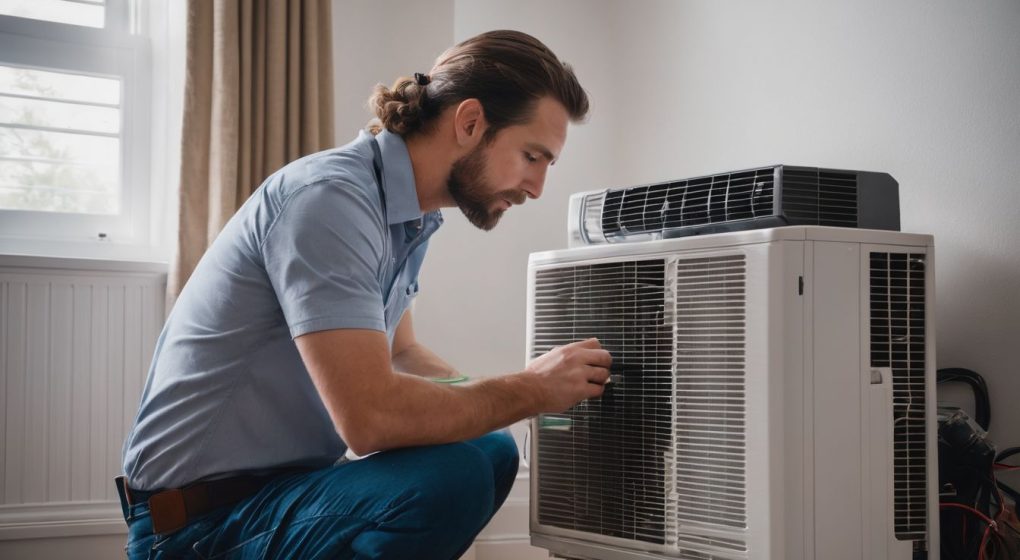
Aircon gas leaks can cause trouble. If your air conditioner is leaking gas, you may hear a hissing noise or notice that the air isn’t blowing as strong. Your energy bills might go up too because the gas called Freon is escaping.
Freon is bad for the environment and can harm your health if you breathe it in, giving you a burning feeling in your nose and throat.
Sometimes, parts of the air conditioner get damaged or aren’t put together right, which causes these leaks. Getting an expert to do an aircon pressure test can help find where the leak is coming from.
If your AC has ice on its coils or isn’t cooling well, it might have a leak.
Fixing a gas leak usually needs someone who knows how to handle refrigerants safely and check for damage. The cost to fix it depends on how bad the leak is; experts will tell you how much it will cost to repair or replace stuff.
To keep leaks from happening again, taking care of your air conditioner is important. This means checking regularly for damage and fixing things quickly before they get worse.
Stay cool by understanding how to spot and fix these sneaky leaks!
Recognising an Aircon Gas Leak

Discovering a gas leak in your aircon system is crucial for maintaining optimal performance and safety. Familiarise yourself with the signs to swiftly address any issues that could compromise your comfort and escalate energy consumption.
Hissing noise
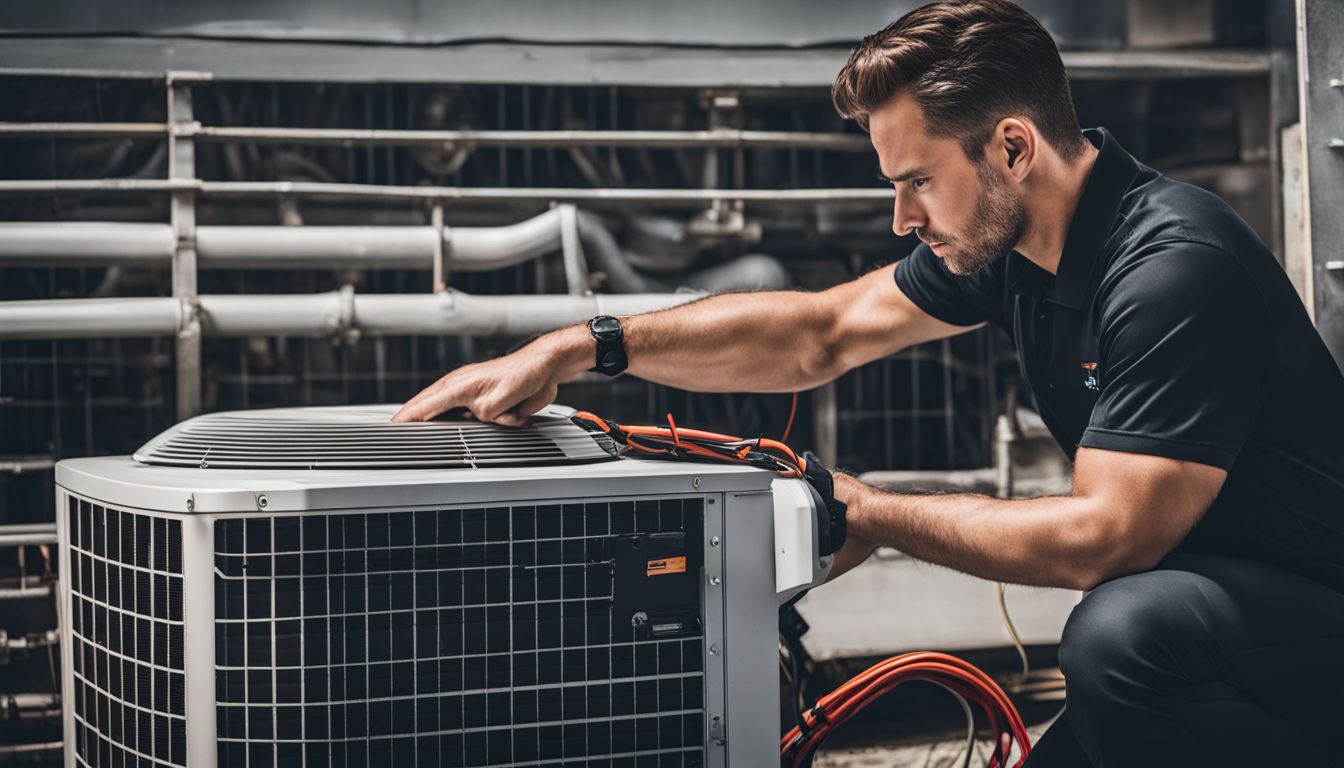
A hissing noise from your air conditioning unit often means a gas leak. This sound could come from refrigerant lines or control valves with leaky connections. If you hear it, the Freon inside might be escaping.
Look for ice on the evaporator coils too; this is another sign of leaking refrigerant gas.
You should act fast if there’s a hissing sound. It indicates that your air conditioner is losing its cooling power as the gas leaks out. Not fixing it can lead to more damage and higher energy bills because your system will work harder to cool the space.
Contact an aircon servicing professional to check your system and fix any leaks.
Reduced airflow
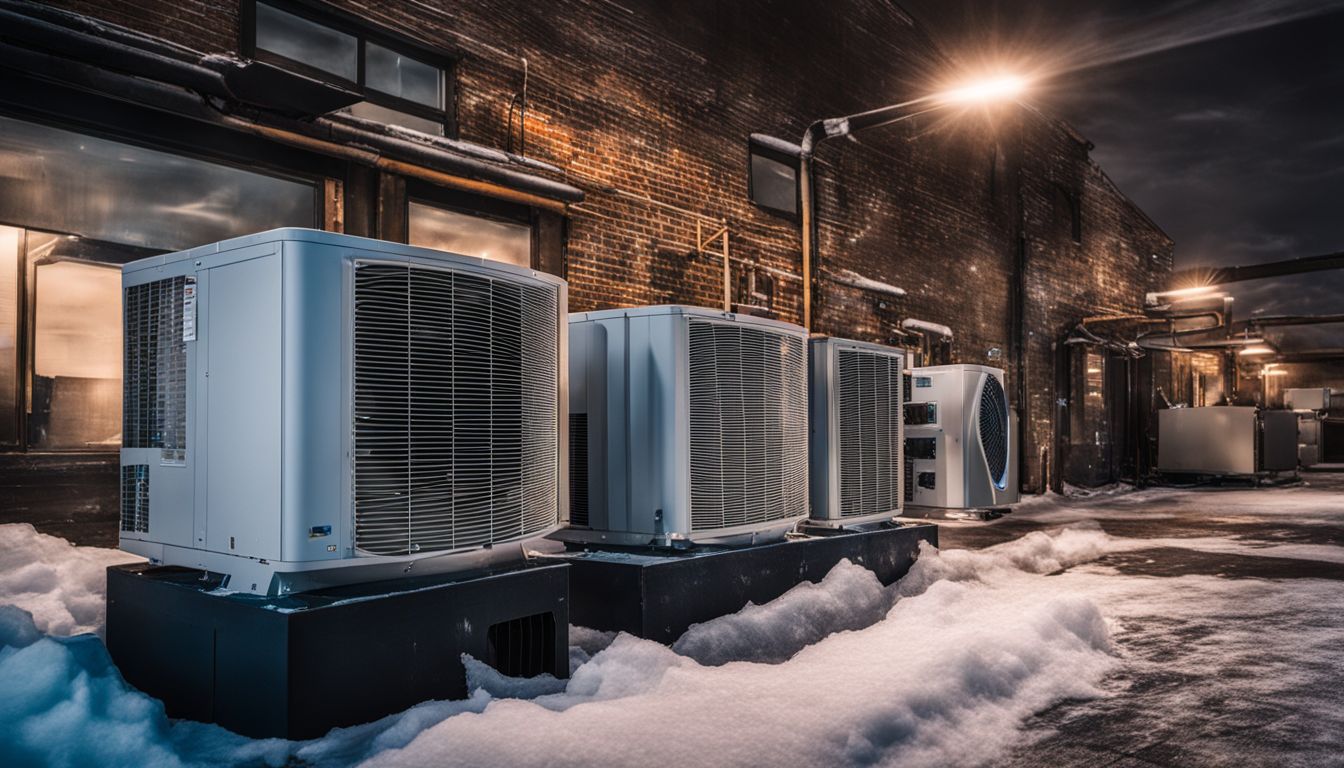
Your air conditioner should keep your home cool and comfortable. If you notice that the air isn’t blowing as strongly as it used to, this could mean there’s a gas leak. When refrigerant levels drop due to a leak, the system can’t absorb heat effectively.
This reduces airflow through your vents.
Ice on your aircon’s evaporator coils is another clue that something might be wrong. It usually happens when there’s not enough refrigerant circulating in the system. If these coils freeze, they block the flow of air and make your unit work harder, leading to higher energy bills.
Keep an eye out for any frost or ice buildup inside your air conditioning units – it could save you from bigger problems down the line.
High energy bills
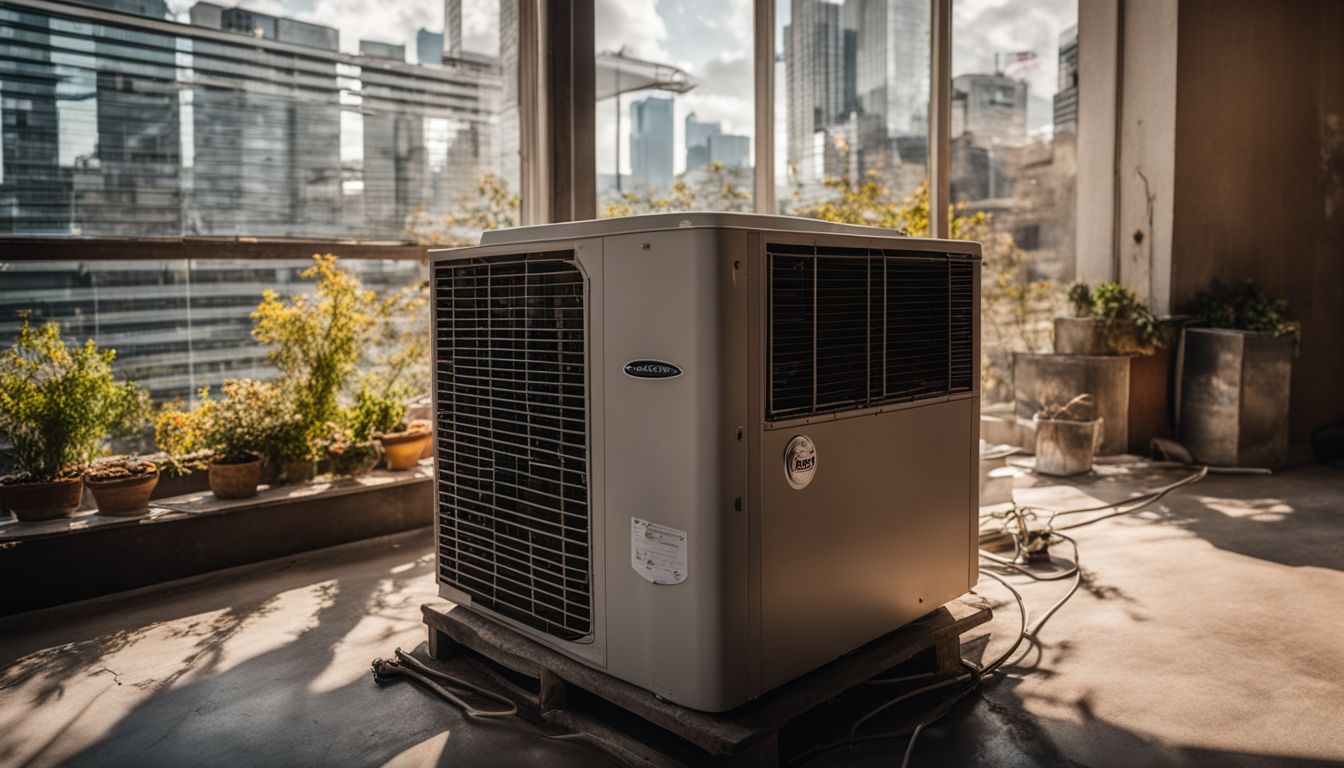
If your air conditioner is working harder due to a gas leak, it may cause your energy bills to spike. This happens because the HVAC unit strains to reach the set temperature, consuming more electricity in the process.
Spotting unusually high costs on your energy bill could be a clue that there’s an undetected issue with your air conditioning system.
Fixing leaks can bring down these costs significantly. A well-maintained and leak-free AC runs more efficiently and uses less power. Regular check-ups of your air-con can prevent gas from leaking and keep those bills at bay.
By staying ahead of maintenance, you ensure that heating and cooling systems are not only performing optimally but also saving money in the long run.
Understanding Common Aircon Gases
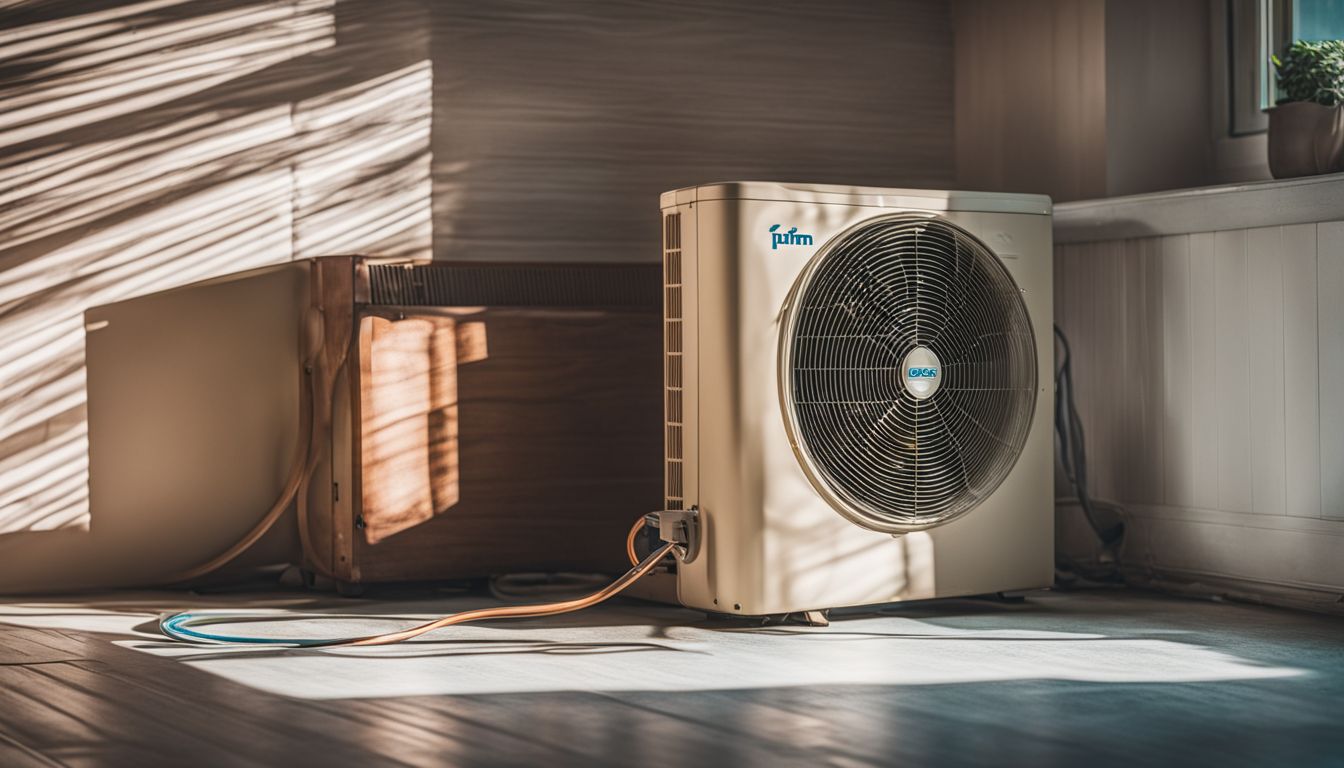
Air conditioners use special gases called refrigerants to cool your home. Freon is one of these gases and it’s very important for your air conditioning system to work. This gas goes through the coils and helps take heat away from the air inside your place.
But Freon is not just any gas; it can be bad for the environment. It’s a greenhouse gas, which means if it leaks out, it can contribute to global warming. Over time, even small leaks can have a big impact on our planet’s climate control.
Plus, breathing in Freon isn’t good for you either. If too much builds up in an enclosed space, it could even be deadly. Always handle refrigerant gases with care and let experts deal with any problems that come up with them.
Handling an Aircon Gas Leak
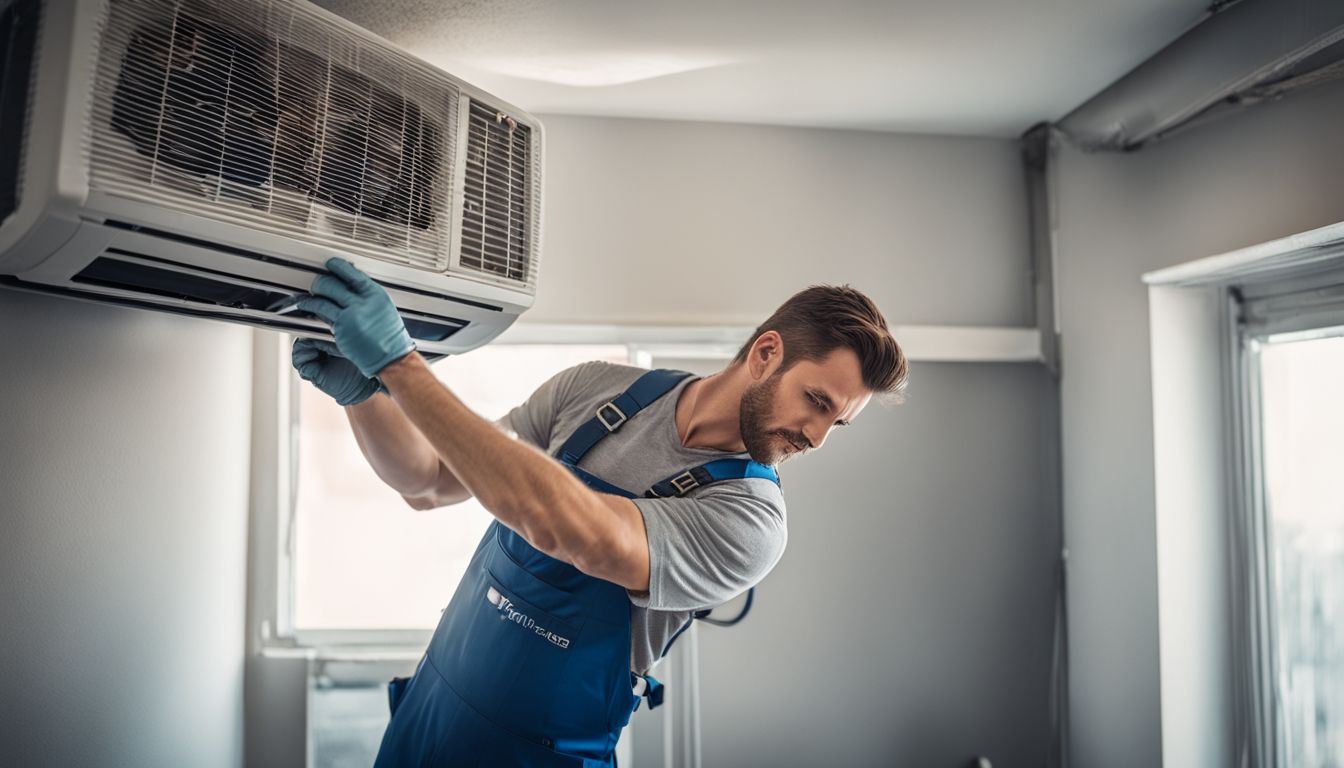
Dealing with an aircon gas leak promptly is crucial to ensure your system operates safely and efficiently; discover the right techniques for a swift resolution in our upcoming segments.
Performing an Aircon pressure test
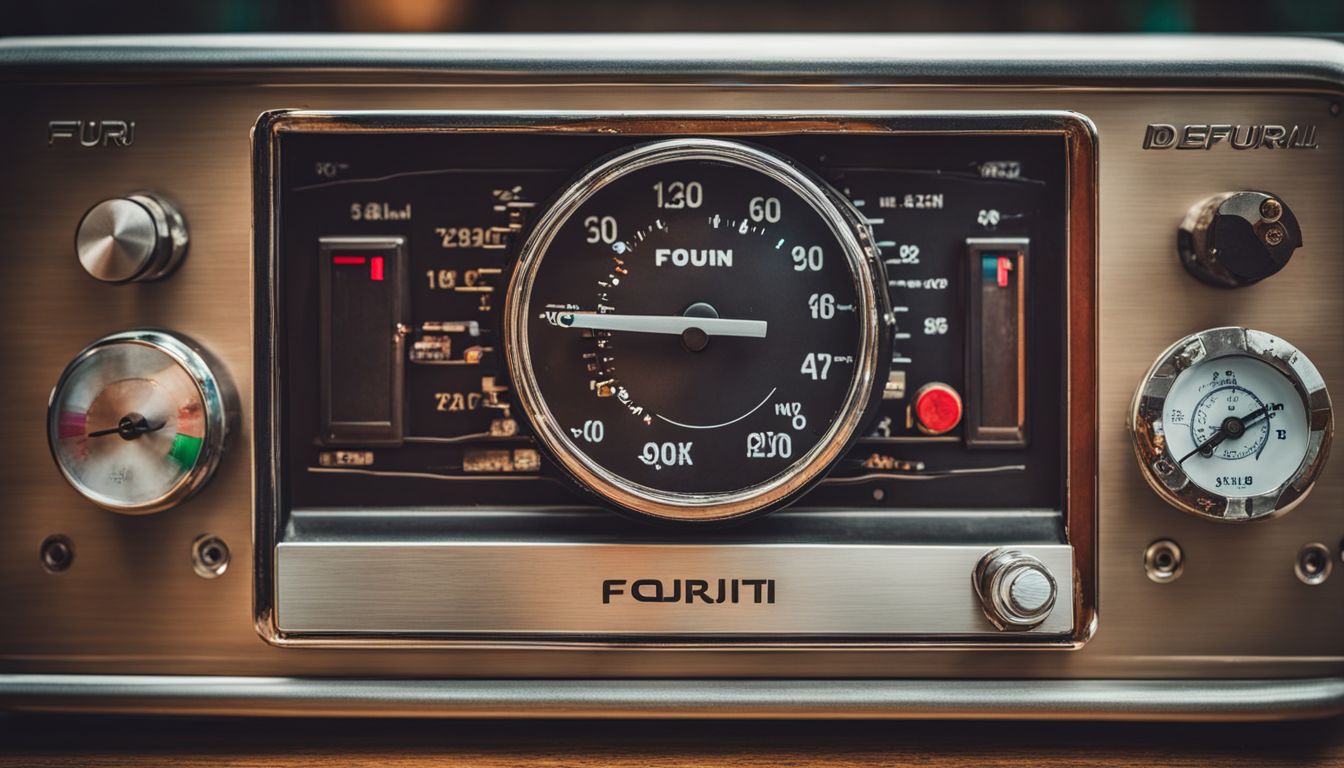
An aircon pressure test helps find and fix gas leaks. You need this test to ensure your system works well.
- First, turn off your air conditioner for safety.
- Locate the service valve on your air conditioning system.
- Attach a pressure gauge to the service valve carefully.
- Monitor the gauge reading; a drop indicates a leak somewhere in the system.
- Use soap water to check common leak points like connections and valves. Bubbles will form where there is a leak.
- Check for ice on evaporator coils which suggests a refrigerant leak.
- Look at thermostatic expansion valves for damage or faults.
- Inspect solder joints and other mechanical parts for any signs of damage or poor sealing that could cause leaks.
- Test Schrader valves as they can often be sources of small but significant leaks.
- Ensure you follow all safety protocols while performing the test to prevent accidents.
Engaging a professional technician
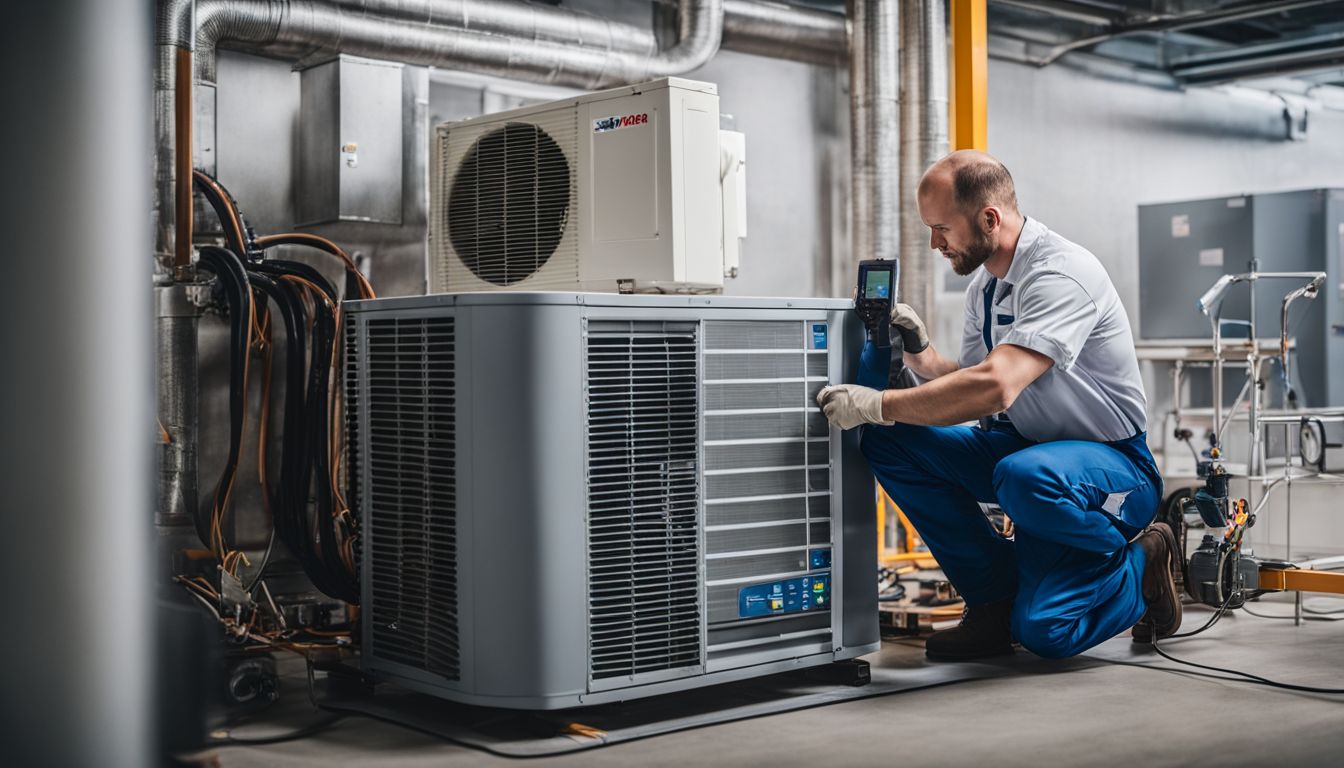
Once you’ve tested your air conditioning system’s pressure, the next step is to bring in a pro. Professional technicians have the right tools and skills to fix AC gas leaks safely.
They use leak detectors to find the problem fast. If you try to handle it alone, you could hurt yourself or damage your AC.
Calling a technician is smart because they know all about different gases like HCFCs and how they should be handled. Professionals will repair your unit so it’s safe and energy-efficient again.
Trust them for their expertise in air conditioner maintenance—it saves time and stress!
Steps to Prevent Future Gas Leaks
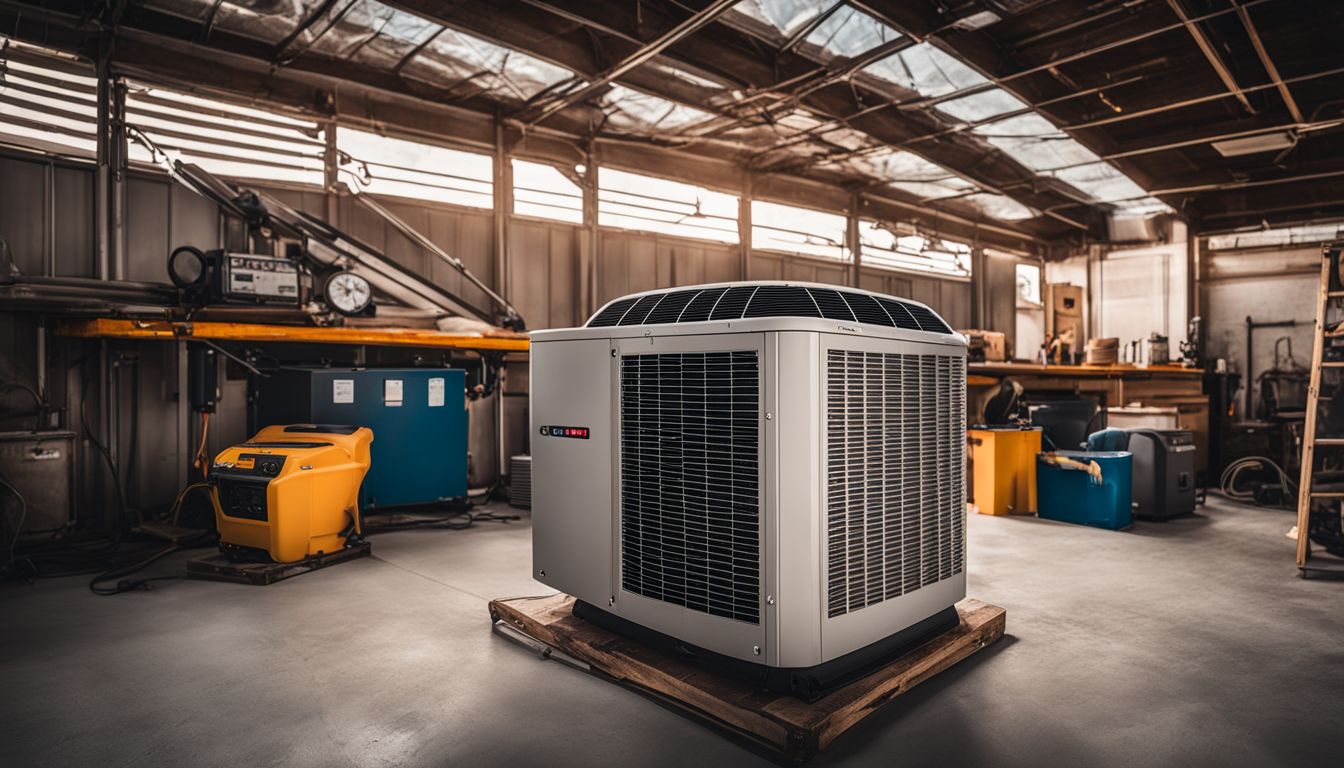
Aircon gas leaks can hurt your comfort and wallet. Preventing them keeps your system running smoothly and saves money.
- Check for mechanical damage: Look carefully at refrigerant lines for any signs of wear or damage. If you find any, repair them right away to stop gas from leaking out.
- Solder control fittings properly: Ensure that all control fittings are soldered correctly to avoid any weak points where gas could escape.
- Replace leaky connections: Regularly inspect control valves for loose or worn-out connections. Change these parts before they start leaking gas.
- Monitor Schrader valves: Keep an eye on the Schrader valve functions. Fix them quickly if they’re not working right to keep the gas inside.
- Schedule maintenance: Book a check-up with a pro often. This helps find and stop gas leaks before they become bigger problems.
- Learn about leak signs: Know how to spot an aircon gas leak early. This way, you can deal with it fast and avoid risks.
- Understand dangers: Be aware of the risks of a leaking AC unit. Always put prevention first and keep up regular care for your air conditioner.
Conclusion
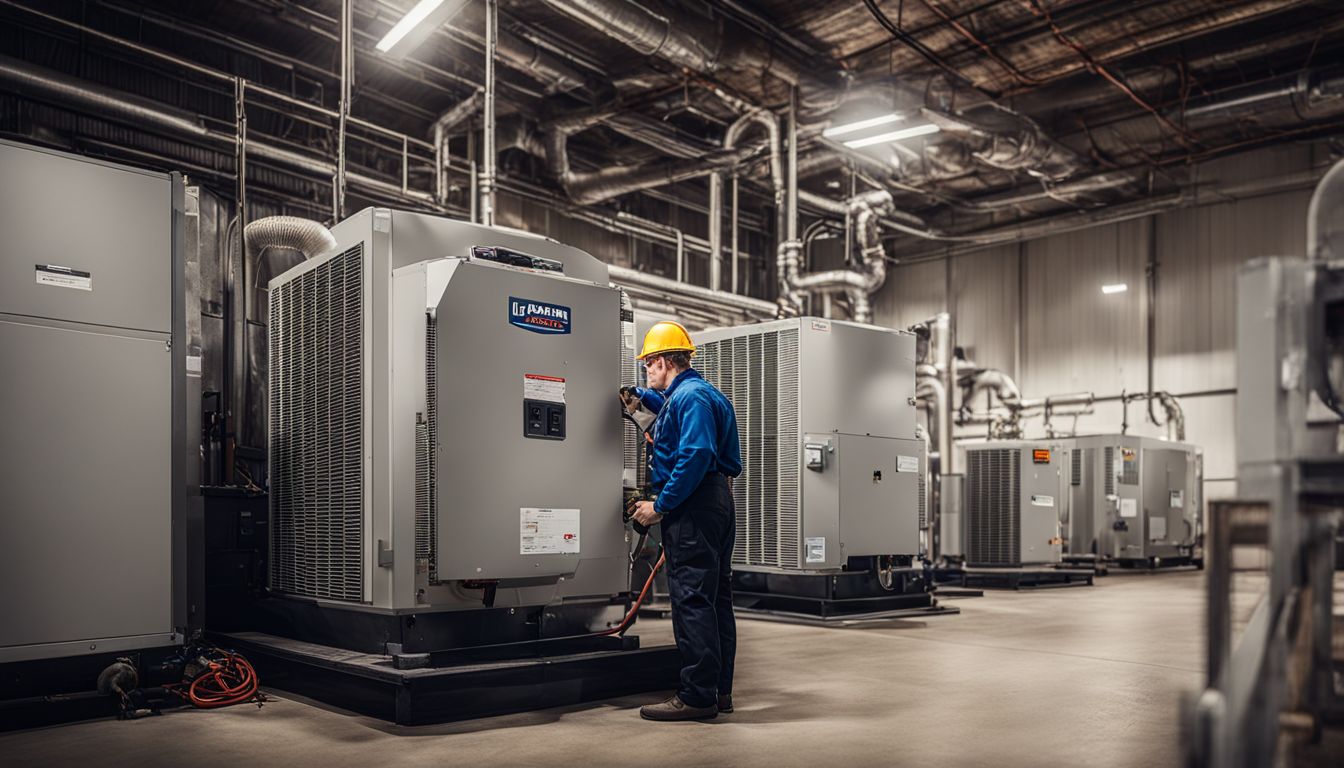
Identifying and solving gas leaks in your air conditioning system is key to keeping it running well. Make sure you listen for hissing and check if the air flow seems low. Remember, a professional should always fix gas leaks.
Stay alert for these issues to keep your home safe and your energy bills down. Your vigilance ensures that both your wallet and the environment stay healthier.
For an in-depth understanding of the different types of aircon gases, you may want to read our comprehensive guide on common aircon gases.
FAQs
1. How do I know if my air conditioning system has a gas leak?
You might notice your HVAC system not cooling properly or find frozen evaporator coils, which can signal a gas leaking problem that needs a check-up.
2. What should I do if I suspect my aircon has a gas leak?
If you suspect a gas leak in your aircon, stop using it immediately and call for an expert to inspect and fix the issue to ensure safe ventilation in your space.
3. Can energy-efficient air conditioning systems prevent gas leaks?
Energy-efficient systems like those with inverter technology are designed better but can still experience leaks, so regular maintenance is key no matter the type of system you have.
4. Are there any specific brands known for fewer gas leak issues?
Brands like Panasonic invest in high-quality components for their evaporative coolers and air conditioners, often resulting in fewer cases of leaked gases compared to others.
5. Besides fixing leaks, how can I make my cooling more energy-efficient?
Keep your HVAC system or evaporative cooling unit well-maintained and consider upgrading to an energy-efficient model with features such as Galaxy’s latest inverter technology.
